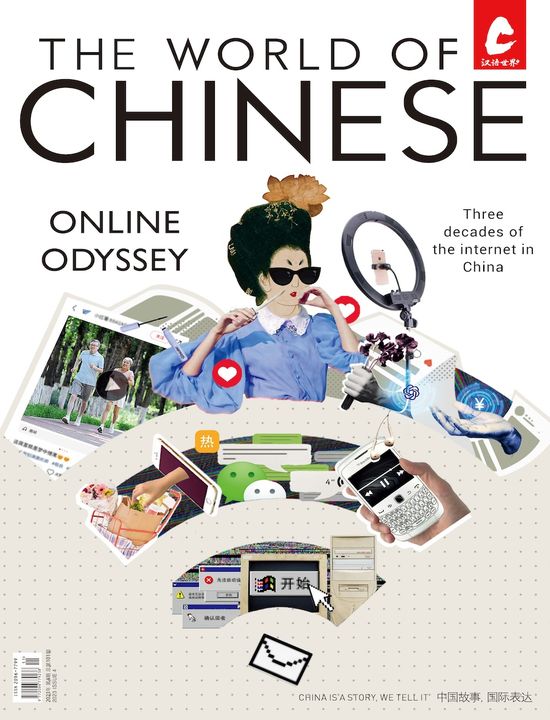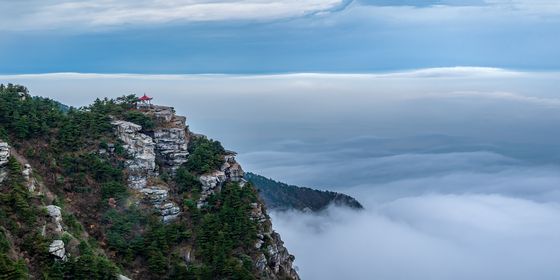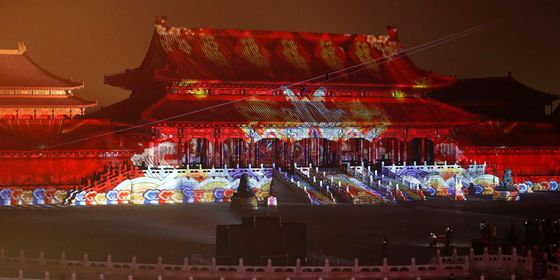Formed by violent volcanic eruptions, the precipitous and mystical Mount Changbai continues to intrigue the curious and the brave
Standing on top of Mount Changbai (长白山) with a temperature of minus 20 to 30 degrees Celsius on a clear, sunny day in early winter, lucky visitors won’t even notice the cold. Instead, they are distracted as a breathtaking view unfolds before them: a vast mirror-like blue lake stretching for three to four kilometers, set in a giant crown of sixteen grayish-white peaks.
Straddled between China and the Democratic People’s Republic of Korea (DPRK, North Korea), Mount Changbai is the tallest peak both in Northeast China and on the Korean Peninsula. Beneath the peaceful scenery is a powerful volcano lying dormant. The crater lake, Tianchi (天池), or “Heaven Lake,” was the result of a particularly destructive eruption that blew off the top of the volcano’s cone. After cooling down, the crater accumulated precipitation. Together with underground water supplies, this formed China’s deepest lake with an average depth of 204 meters.
The name “Changbai” means “ever-white” in Chinese, which was inspired by the mountain’s appearance. Winter on the mountain is long and cold, with snowfall as early as late September. The snow doesn’t thaw until mid-June at its peaks, which are over 2,500 meters high. The pumice, a type of light-colored volcanic rock prevalent on the mountain, also has helped it to earn its name. Changbai is both the name of the main peak, and the mountain range it is part of, which extends for over 1,300 kilometers through China’s northeastern provinces of Heilongjiang, Jilin, and Liaoning.














